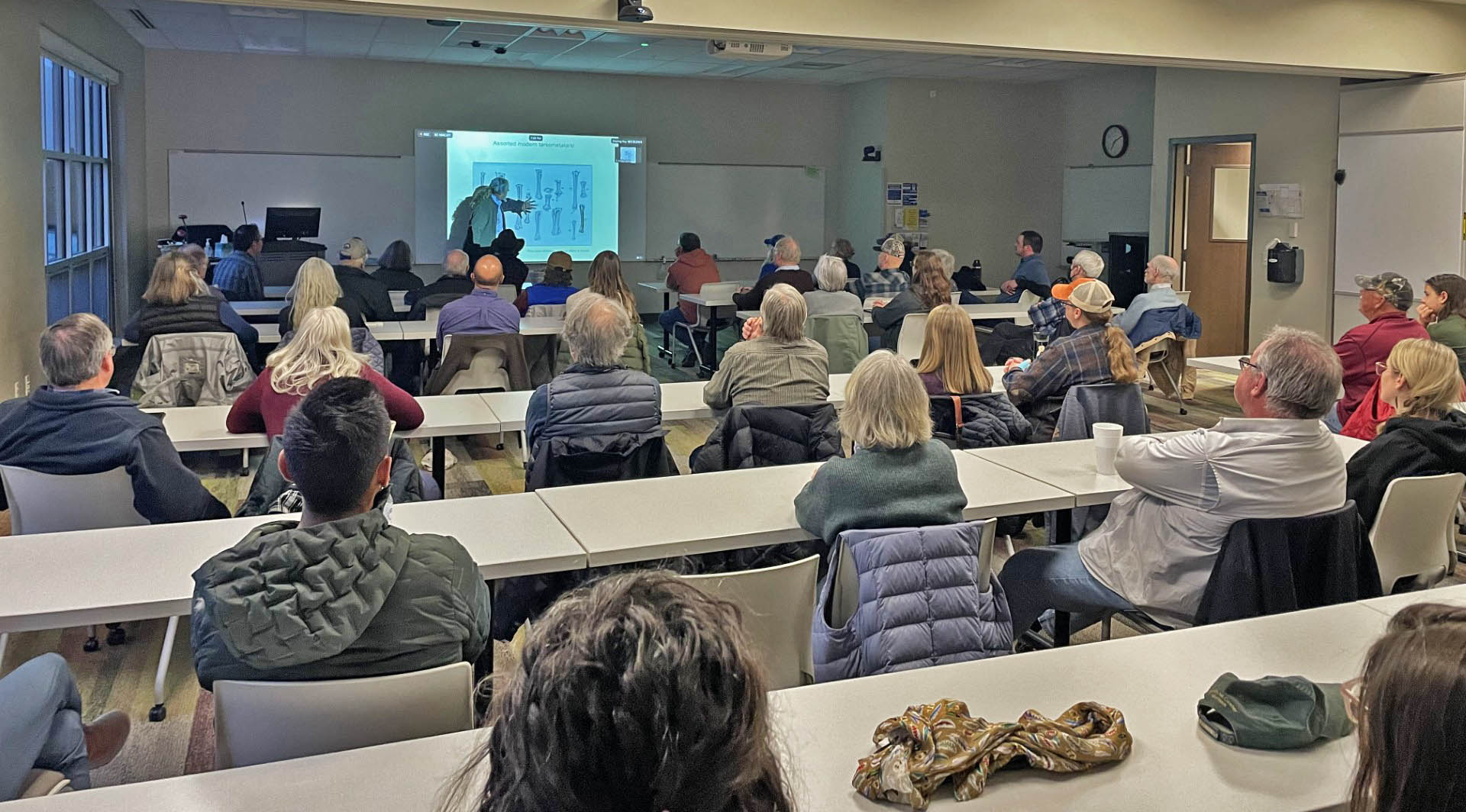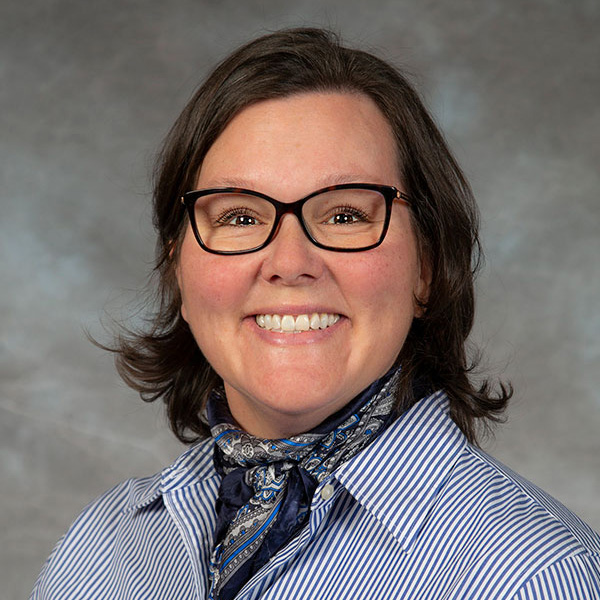
Thickman Faculty Lecture Series
Thursday, Oct. 9, 6:00 pm – Whitney Academic Center #153 – Tiered Classroom. Free.
Why Does Agriculture Matter?
With Angel Sparkman, Associate Professor of Agriculture Business
- 1 in 5 people worldwide are employed in agriculture.
- Everyday survival depends on agriculture– each person relies on what it produces multiple times a day.
- Agriculture’s story remains untold…It’s time to begin telling the story.
Angel moved to Sheridan in 2019, and quickly fell in love with the community. Her passion for the West began as a nine-year-old girl visiting national parks with her family, a love that has only deepened over the years. As a Specialist in Higher Education, a Master of Business Administration, and a Bachelor of Science in Psychology, Angel brings a wealth of knowledge and experience. While her love for agriculture began in childhood, it has grown exponentially through her work teaching in the Sheridan College Agriculture Department.
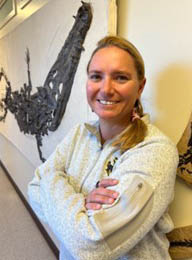
Science Museum Lecture Series
Wednesday, Oct. 29, 7:00 pm – Mars Ag Center Room 201, or via zoom. Free.
Life after Death: A review of Whale Fall Scavenging Successions and Why It Matters in the Fossil Record
With Laura Vietti, Ph.D., Museum and Collections Manager, UW Geological Museum
Abstract:
When whales die and permanently sink to the ocean floor, their carcasses deliver an extremely large pulse of organic material (20-50 tons for the average baleen whale) in an often nutrient limited environment. In response to the organic loading of whale tissue, a variety of opportunist and specialized scavenging fauna are attracted to the decaying carrion and consume a carcass in a multi-stage prolonged process termed a whale fall. Although the timing and duration changes for each whale fall depending on the whale species, age, and ocean depth at time of death, scientists have characterized four general whale fall scavenging successions and they are known as: the mobile-scavenger stage, the opportunistic-enrichment stage, sulfophilic stage, and reef stage. Like modern whale carcasses, large marine vertebrates preserved in the fossil record also likely underwent some form of scavenging succession and evidence of such is observed on a growing number of fossil whale, ichthyosaur, and plesiosaur skeletons, some dating as far back as the Jurassic. In fact, new research on Cretaceous plesiosaur bones suggests that whale fall specialists may have originated prior to whale evolution. Here, I summarize the general process of modern whale falls, discuss the paleoecologic significance of whale falls, and consider the implications of whale falls on the marine vertebrate fossil record.
Biosketch:
Dr. Laura Vietti is the Geological Museum and Collections Manager at the University of Wyoming, where she has overseen collections care, research support, and public engagement for more than a decade. Originally from Thermopolis, Wyoming, she earned her B.S. in Geology from the University of Wyoming and went on to complete her Ph.D. at the University of Minnesota in 2014, where she studied how microbes influence the early decay of bone in marine environments.
Her research specialty is taphonomy, the study of the processes that influence the preservation and composition of fossil assemblages and what they can reveal about ancient ecosystems. She is especially passionate about sharing the importance of Wyoming’s world-class fossil heritage and is leading efforts to digitize the University of Wyoming’s fossil collections, making them more accessible to researchers, students, and the public.
Past Lectures
-
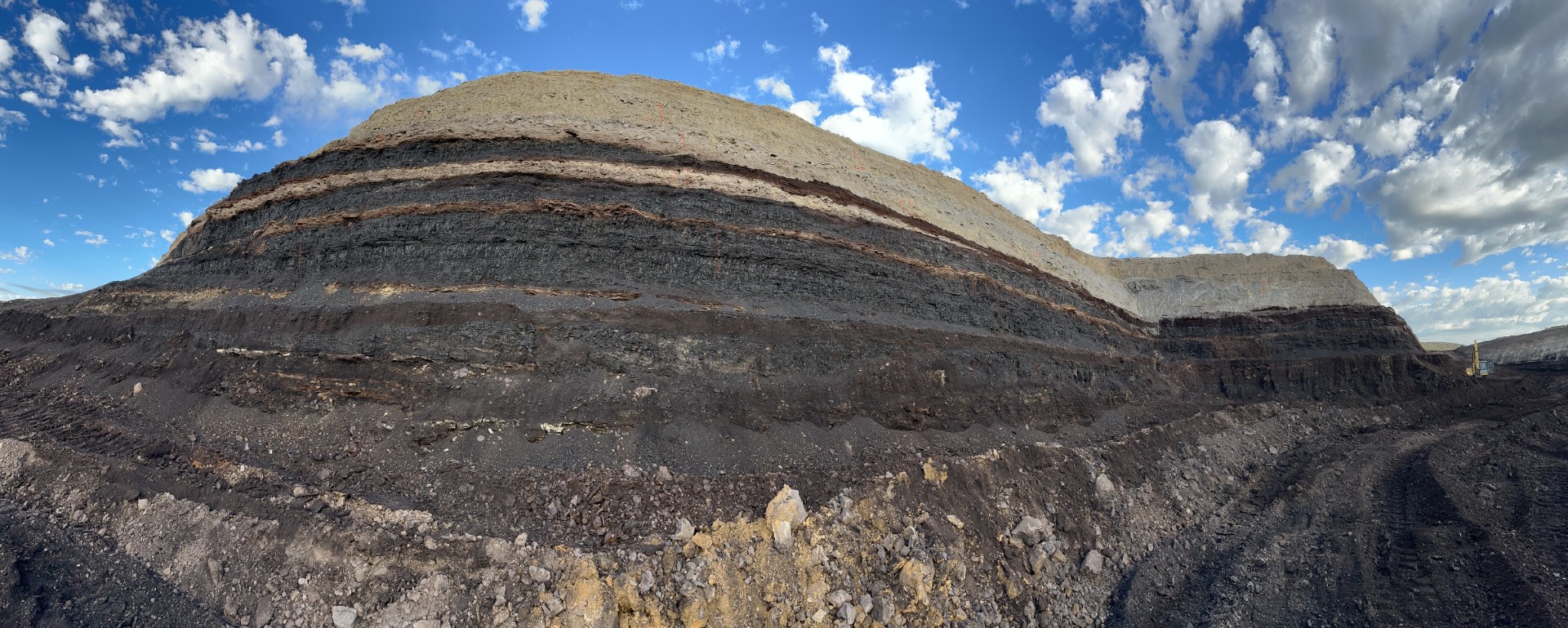
Critical Minerals and the Brook Deposit: Unlocking a New Source of Rare Earth Elements in Wyoming
With Alex Moyes, Ph.D., Director of Critical Minerals, Ramaco Resources, Sheridan,…
-

Intellectual Property in Biomedical Sciences: An Overview of the Patent Process
With Dr. Patrick LaBreck, Director of Intellectual Property and GLD Partners,…
-
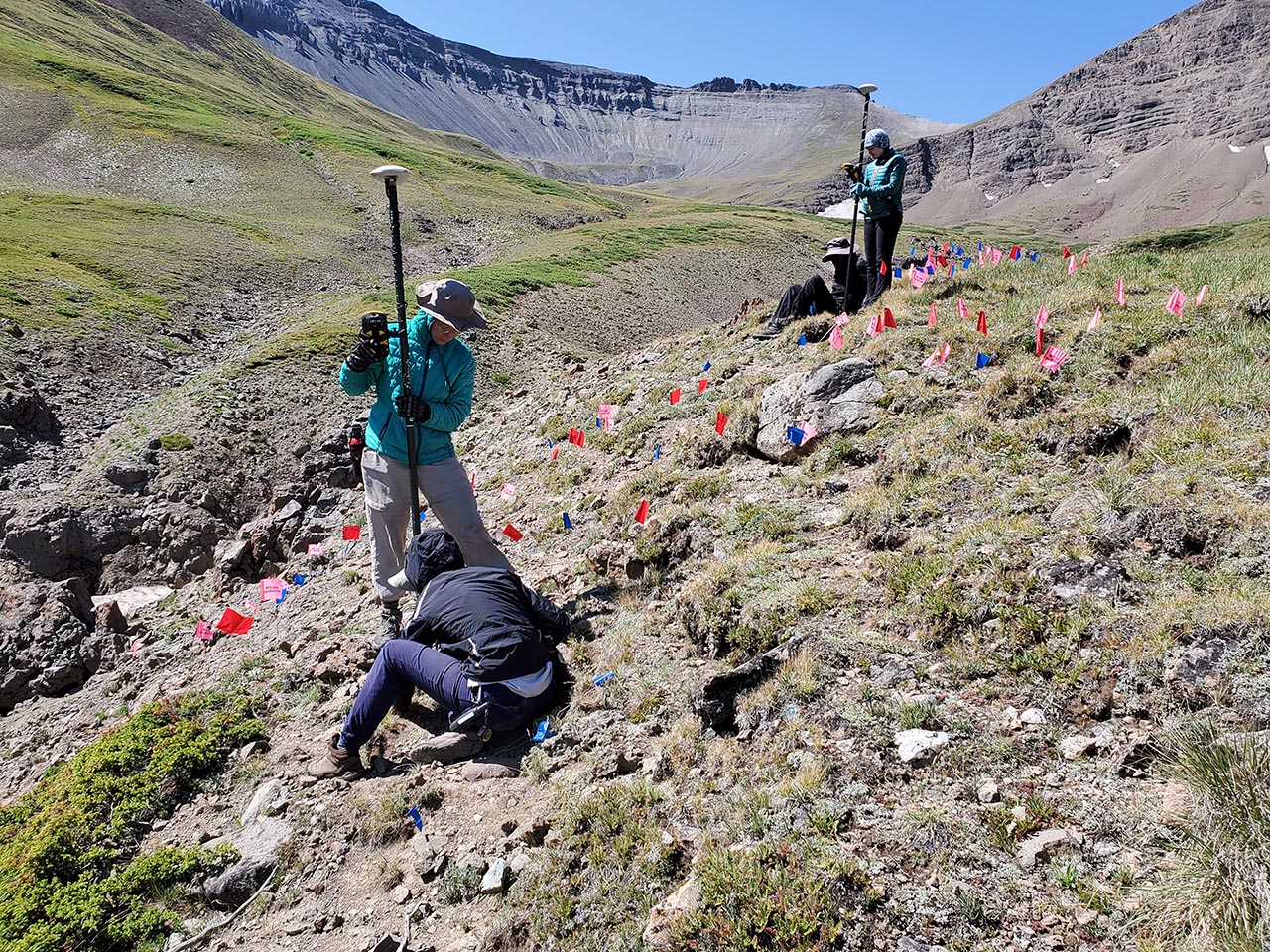
Archeology in Wyoming’s Wilderness: Exploring People, Landscapes, Time, and Connections in the Greater Yellowstone Ecosystem
With Larry Todd, Professor Emeritus of Anthropology Colorado State University &…
-

Forecasting the Future: How Technologies like Electric Vehicles & Solar PV Are Changing the Electric Grid
With Scott Robinson, Director, Guidehouse Owner, Sigma-2 Systems, Story, WY.
-
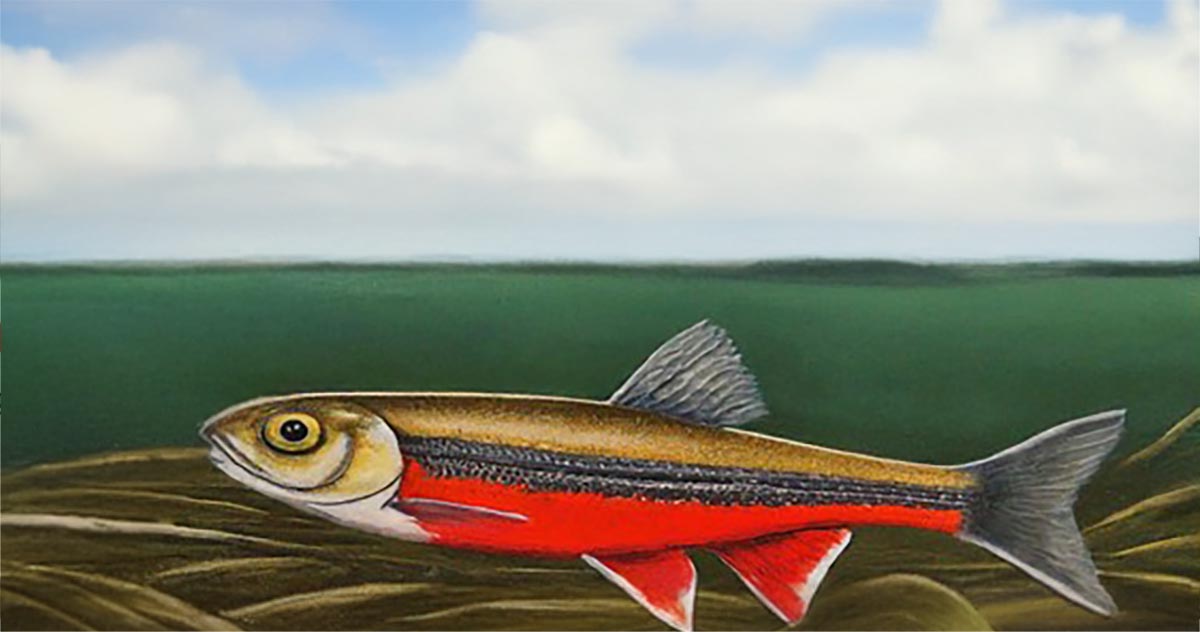
The Ice Age Legacy of Western Fishes: How One Rodent Can Turn Back the Clock on Climate Change
With Niall Clancy, Ph.D. Candidate, Wyoming Cooperative Fish & Wildlife Research…
-
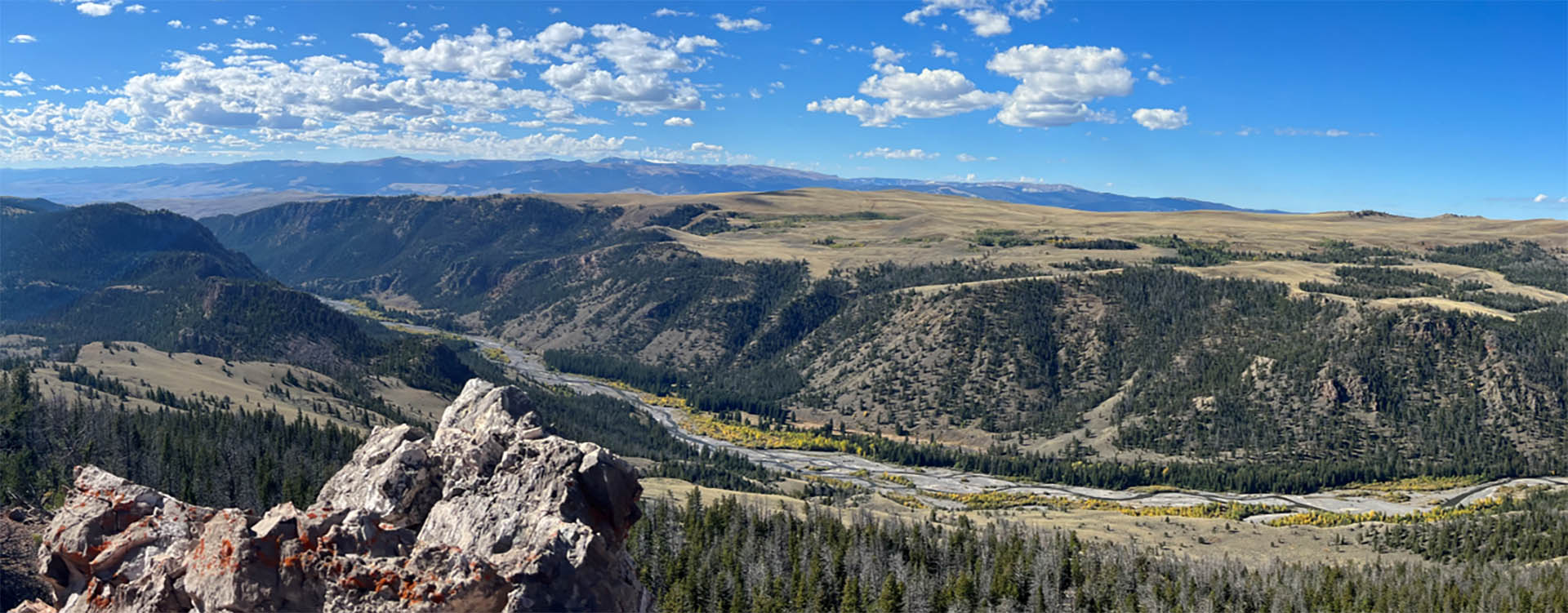
From Granitoids to Glaciers: An Introduction to Geology in Wyoming
With James Mauch, Geologist, Wyoming State Geological Survey
-
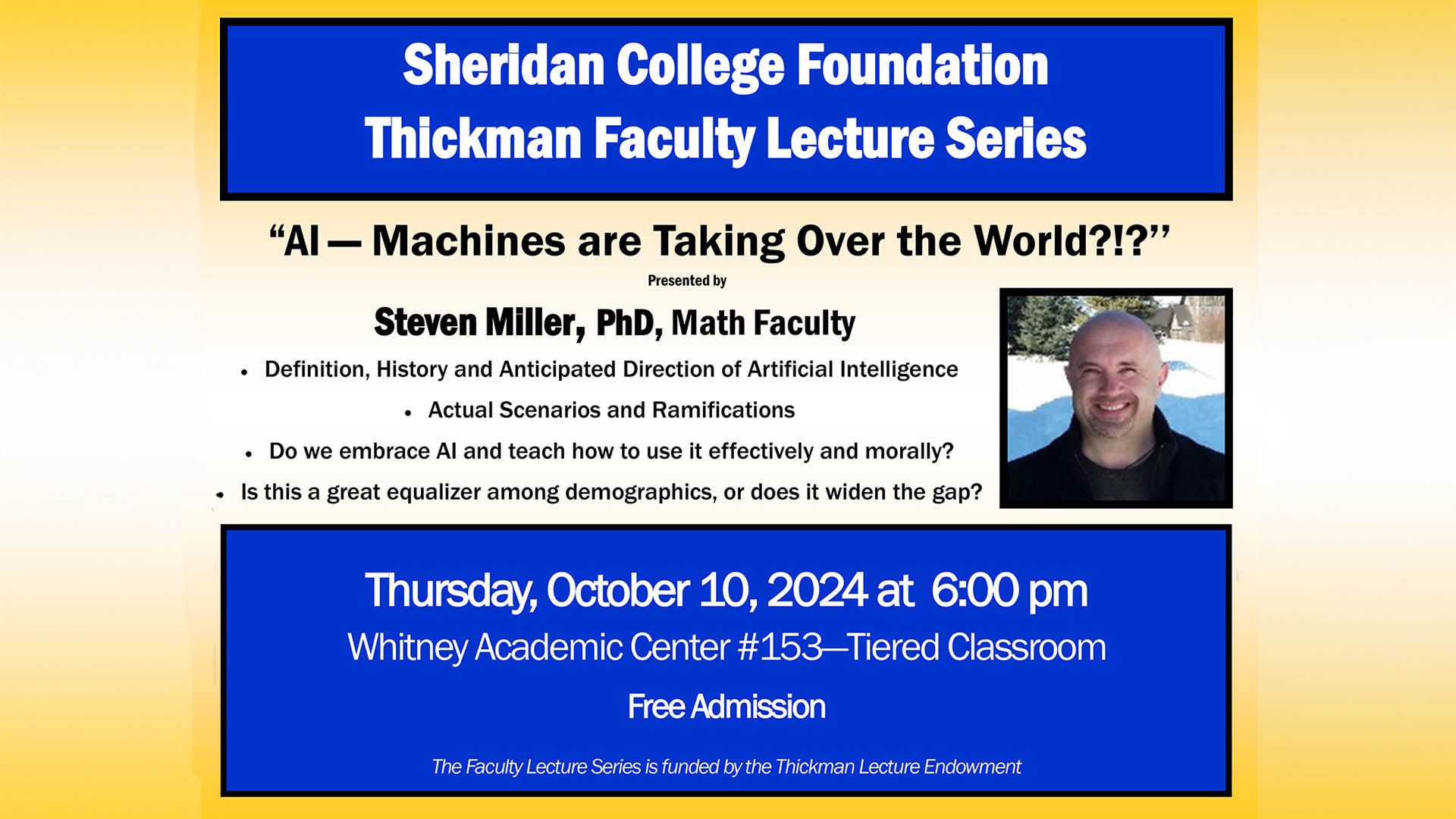
AI – Machines Are Taking Over the World?!?
With Steven Miller, PhD, Math Faculty
-
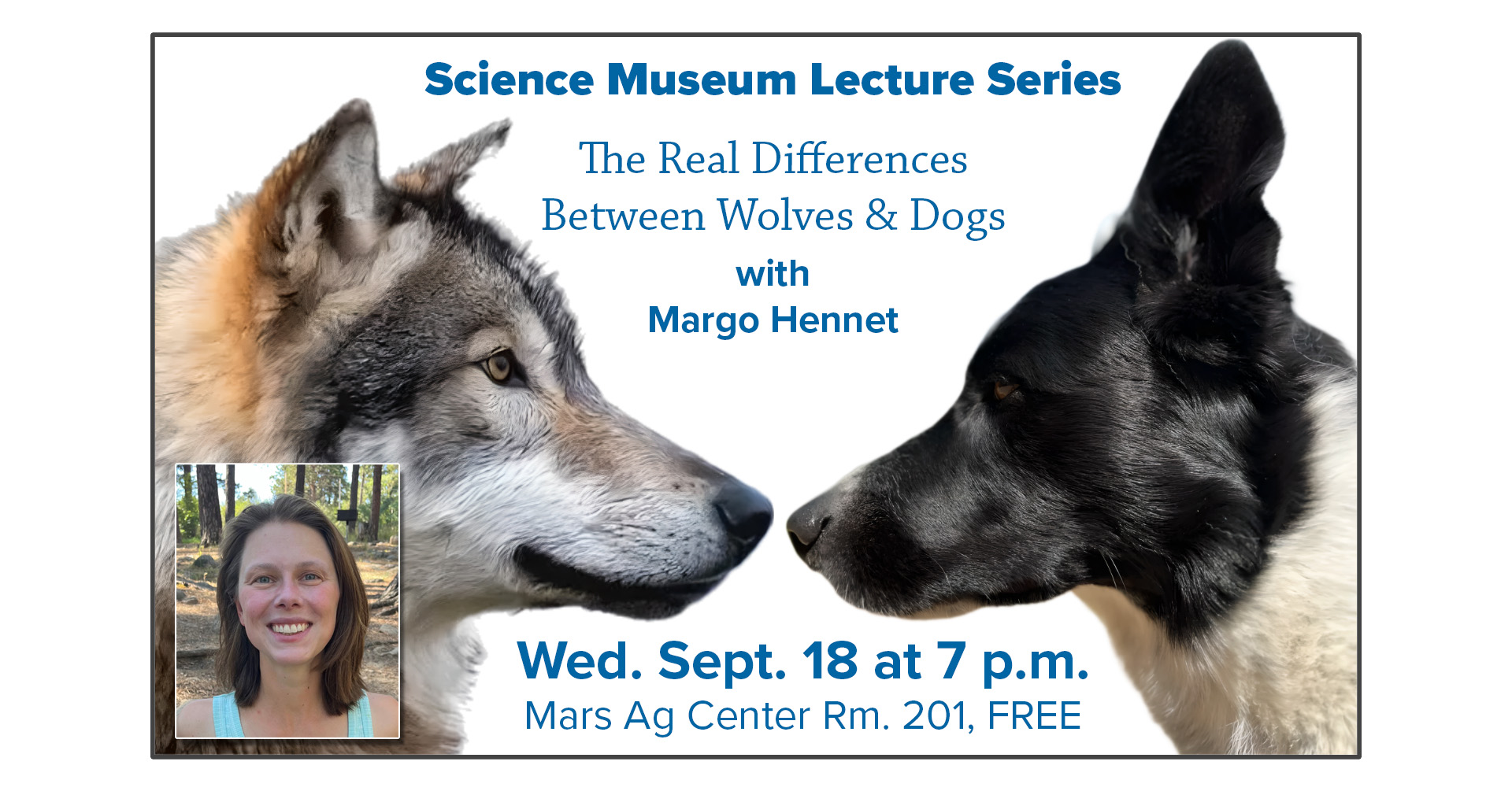
The Real Difference Between Wolves & Dogs
With Margo Hennet, Veterinarian, Story, WY
-
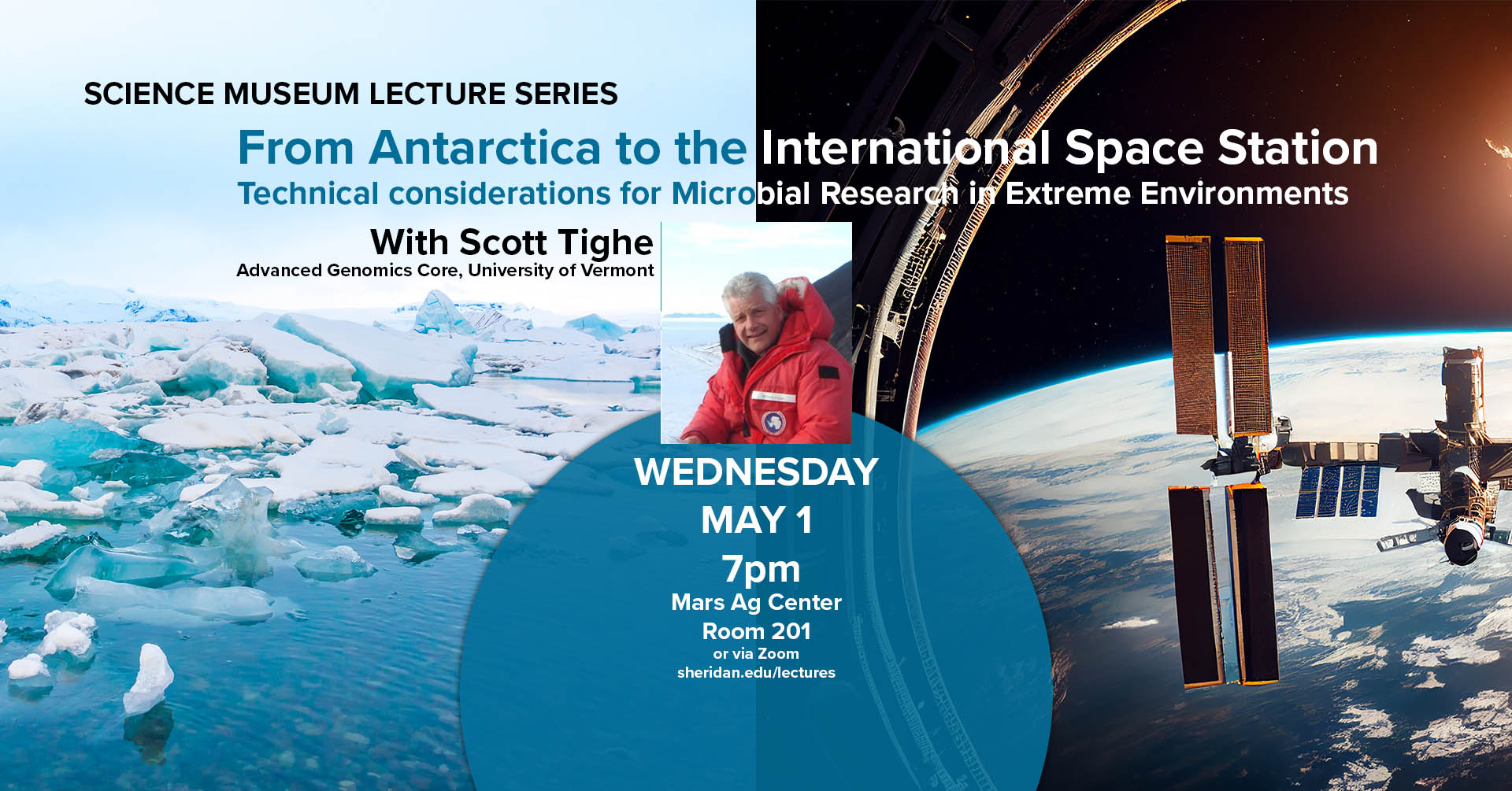
From Antarctica to the International Space Station: Microbial Research in Extreme Environments
With Scott Tighe, Advanced Genomics Core, University of Vermont.
-
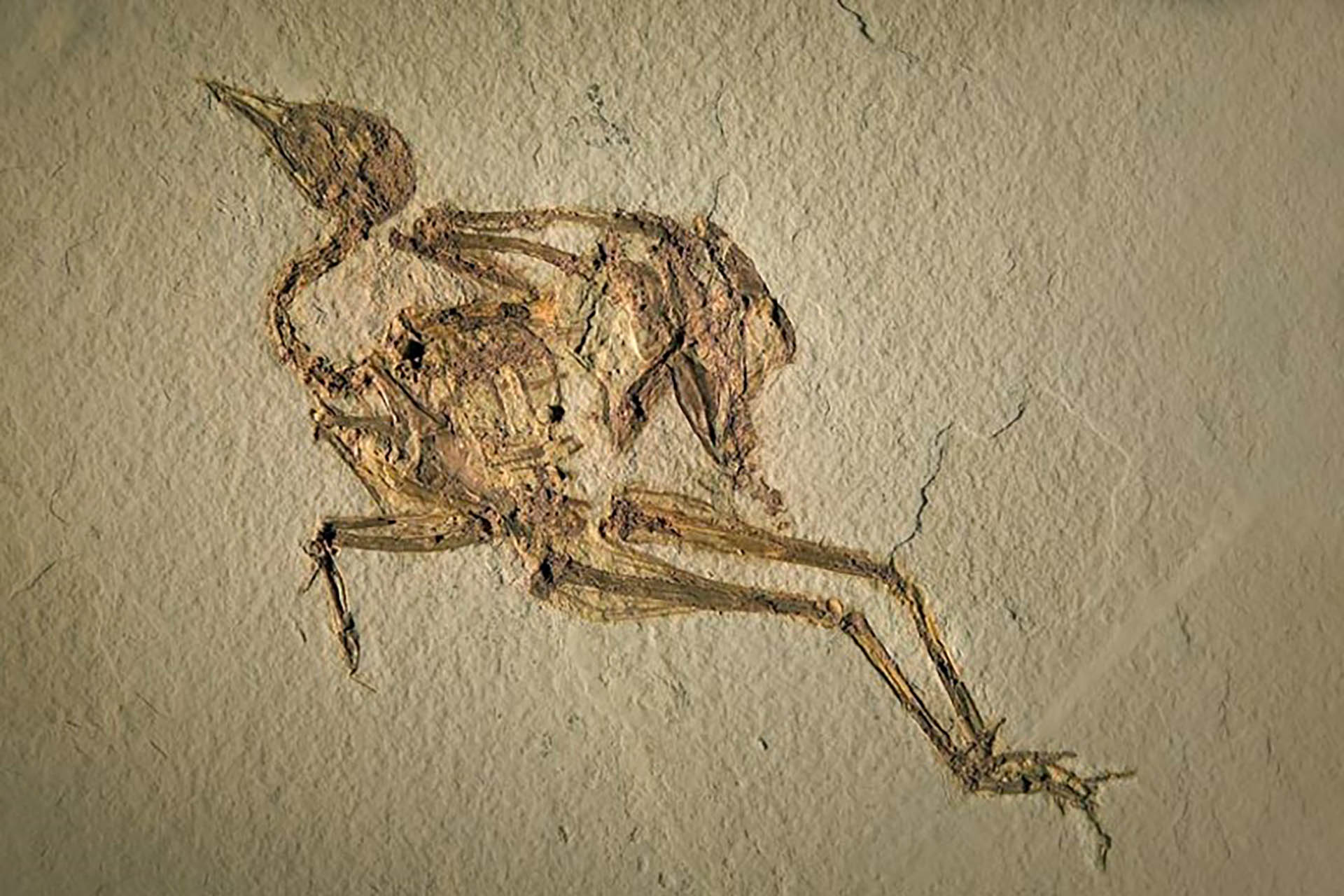
Fossil Birds of Wyoming
With JP Cavigelli, Collections Manager, Tate Geological Museum at Casper College
-
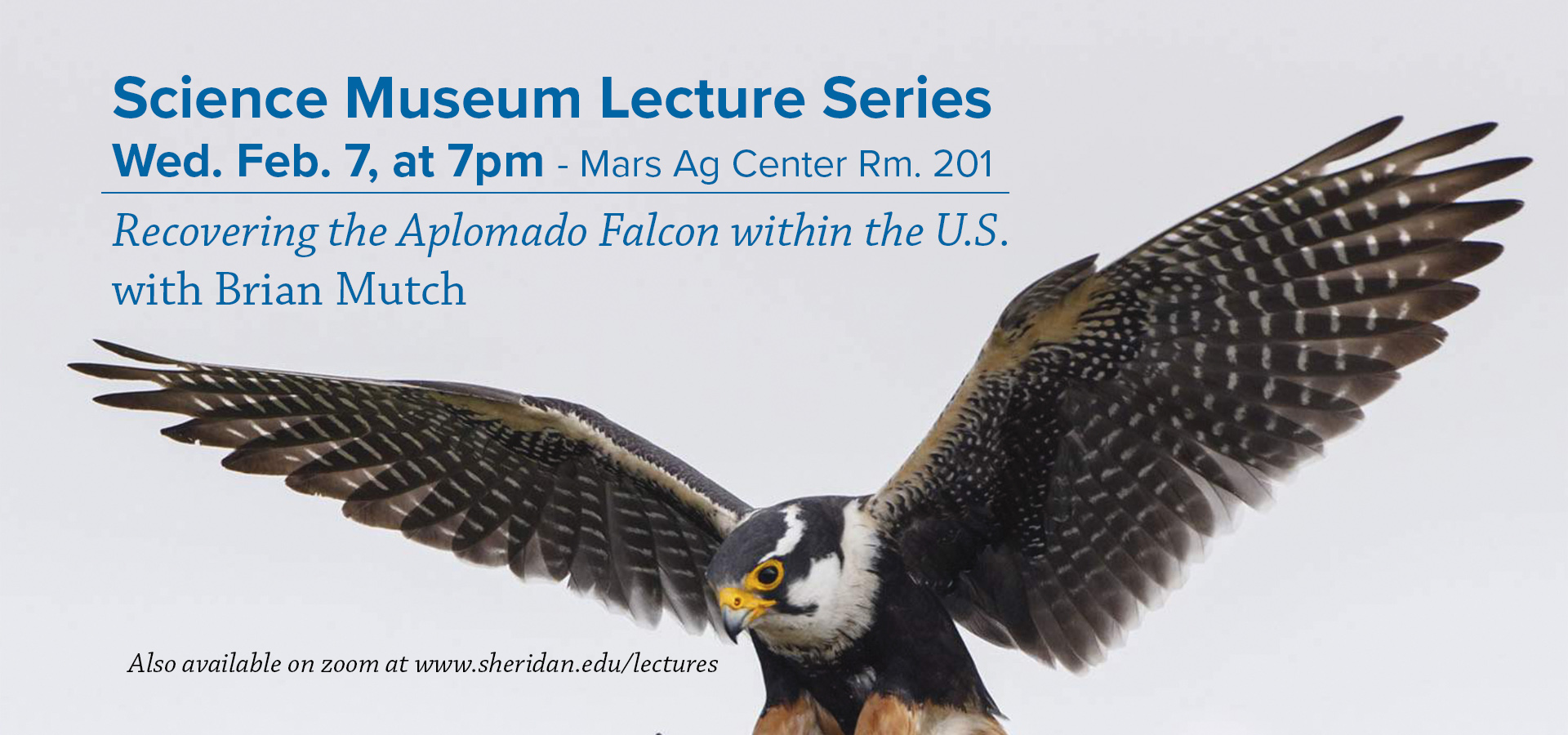
Recovering the Aplomado Falcon within the U.S.
With Brian Mutch, Director, Aplomado Recovery Program, The Peregrine Fund
